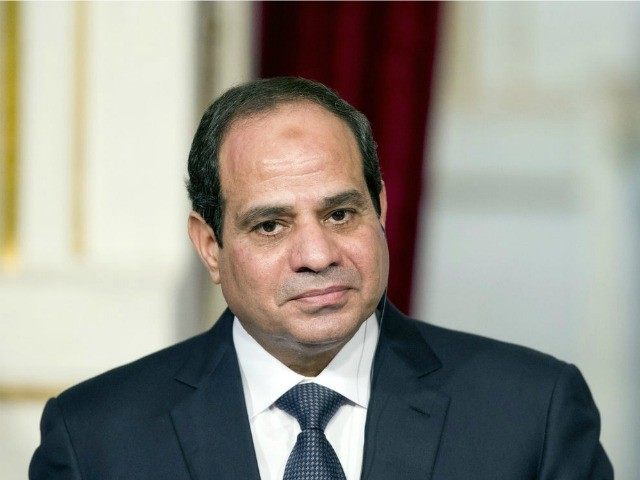The entire Egyptian cabinet suddenly resigned on Saturday, prompting President Abdel Fatah al-Sisi to instruct Petroleum Minister Sherif Ismail to form a new government by next week, with the departing ministers remaining as caretakers until then. No official reason has been given for the mass resignation, although naturally, theories have been floated.
The major event that seems most likely to have triggered the collapse of the cabinet was the detention of Agriculture Minister Salah Helal on corruption charges, following his resignation last Monday. “He is being investigated for allegations that he accepted cash and properties in exchange for his help in securing some 2,500 acres of land for a businessman,” reports The Wall Street Journal.
It seems as if this corruption scandal might have widened to include more cabinet ministers. “A cabinet spokesman last week denied local media reports that said the probe would grow to include other ministers and the prime minister himself,” WSJ writes. “While on an official visit to Tunis on Wednesday, [PrimeMinister] Mehleb stormed out of a news conference with his counterpart when a local journalist began asking a question on the corruption case.”
The New York Times adds that Mehleb himself has been “accused of involvement in a case in which former President Hosni Mubarak and his two sons were convicted of embezzling funds earmarked for the renovation of presidential palaces.” The reporter whose question prompted Mehleb to quit his news conference described him as “one of the accused, the main accused” in the corruption scandals rocking the government.
The corruption story, however, might be a means to an end, specifically President al-Sisi seeking to replace his “technocratic” cabinet with a more “political” one. WSJ notes that mass protests have been rare in Egypt since Sisi’s government criminalized them, but anti-corruption demonstrations still bring people out for peaceful demonstrations in impressive numbers. Sisi might be using this opportunity to shake his government up, but the Egyptian public seems legitimately angry about scandals like the agriculture minister’s.
The New York Times throws in concerns about Egypt’s security due to the ISIS-linked insurgency in the Sinai, as well as economic woes, creating a gloomy atmosphere around Sisi (although he reportedly remains personally popular) heading into the first parliamentary elections since the overthrow of the Muslim Brotherhood. Those elections are only a few weeks away, making the sudden mass resignation of the cabinet puzzling even to many observers.

COMMENTS
Please let us know if you're having issues with commenting.